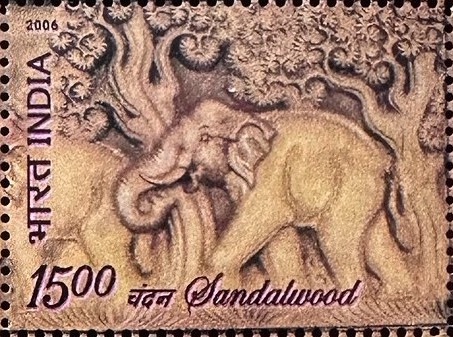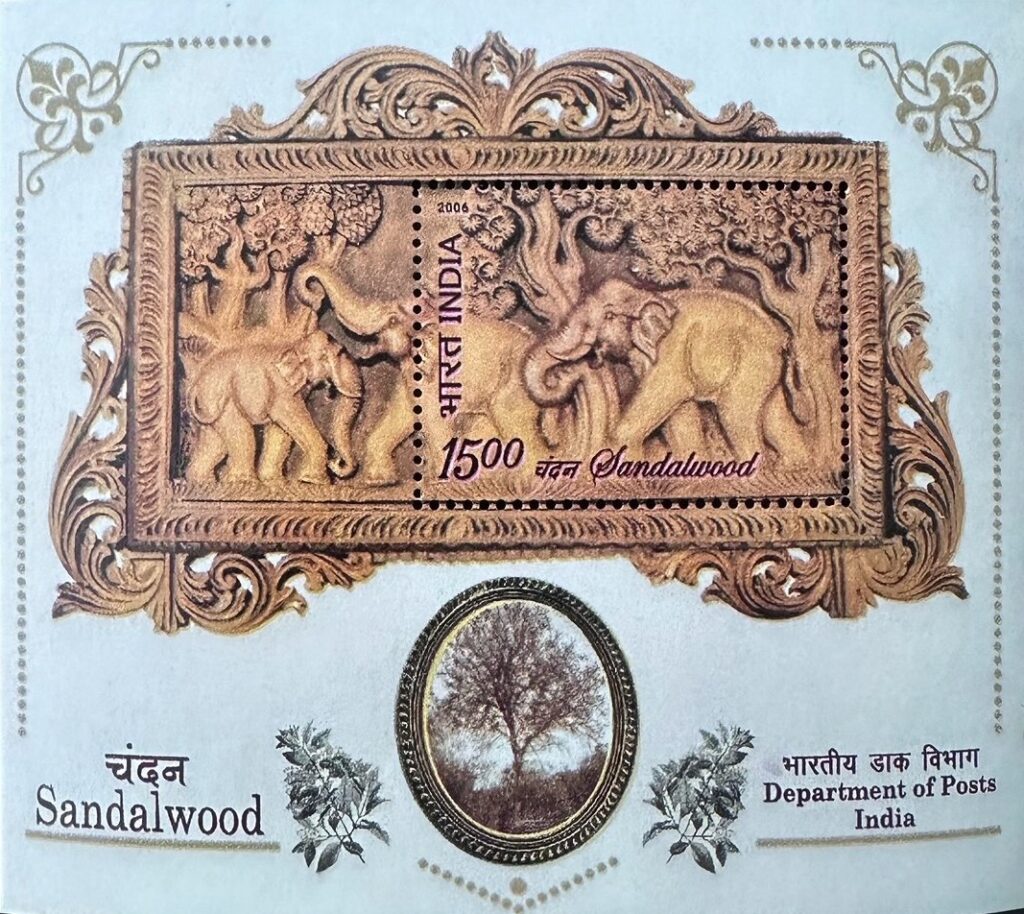
As a man was passing by a parade of elephants, he suddenly stopped, confused by the fact that these huge creatures were being held by only a small rope tied to their front leg. No chains, no cages. It was obvious that the elephants could, at any time, break away from their bonds but for some reason, they did not.
He saw a trainer nearby and asked why these animals just stood there and made no attempt to get away. “Well,” the trainer said, “when they are very young and much smaller, we use the same size rope to tie them and, at that age, it’s enough to hold them. As they grow up, they are conditioned to believe they cannot break away. They believe the rope can still hold them, so they never try to break free.”
The man was amazed. These animals could at any time break free from their bonds but because they believed they couldn’t, they were stuck right where they were.
Like the elephants, how many of us go through life hanging on to the belief that we cannot do something, simply because we failed at it once before?
Failure is part of learning; we should never give up on the struggle of life.
A group of elephants is called a parade. What about others? Both people and animals? Here’s some interesting stuff.
People
a blush of boys
a drunkship of cobblers
a hastiness of cooks
a stalk of foresters
an observance of hermits
a bevy of ladies
a faith of merchants
a superfluity of nuns
a malapertness (= impertinence) of pedlars
a pity of prisoners
a glozing (= fawning) of taverners
Animals
a shrewdness of apes
a herd or pace of asses
a troop of baboons
a cete of badgers
a sloth of bears
a swarm or drift or hive or erst of bees
a flock or flight or pod of birds
a herd or gang or obstinacy of buffalo
a bellowing of bullfinches
a drove of bullocks
an army of caterpillars
a clowder or glaring of cats
a herd or drove of cattle
a brood or clutch or peep of chickens
a rag or rake of colts
a covert of coots
a herd of cranes
a bask of crocodiles
a murder of crows
a litter of cubs
a herd of curlew
a cowardice of curs
a herd or mob of deer
a pack or kennel of dogs
a school of dolphins
a flight or dole or piteousness of doves
a raft or bunch or paddling of ducks on water
a safe of ducks on land
a herd or parade of elephants
a gang or herd of elk
a busyness of ferrets
a charm or chirm of finches
a shoal or run of fish
a swarm or cloud of flies
a skulk of foxes
a gaggle of geese on land
a skein or team or wedge of geese in flight
a herd of giraffes
a cloud of gnats
a flock or herd or trip of goats
a band of gorillas
a down or mute or husk of hares
a cast of hawks
a siege of herons
a bloat of hippopotami
a drove or string or stud or team of horses
a pack or cry or kennel of hounds
a flight or swarm of insects
a fluther or smack of jellyfish
a mob or troop of kangaroos
a kindle or litter of kittens
a desert of lapwing
an exaltation or a bevy of larks
a leap or lepe of leopards
a pride or sawt of lions
a tiding of magpies
a sord or suit of mallard
a stud of mares
a labour of moles
a troop of monkeys
a barren of mules
a watch of nightingales
a yoke of oxen
a pandemonium of parrots
a covey of partridges
a muster of peacocks
a muster or parcel or rookery of penguins
a head or nye of pheasants
a kit of pigeons flying together
a litter or herd of pigs
a stand or wing or congregation of plovers
a rush or flight of pochards
a pod or school or herd or turmoil of porpoises
a litter of pups
a bevy or drift of quail
a string of racehorses
an unkindness of ravens
a crash of rhinoceros
a bevy of roes
a parliament or building of rooks
a hill of ruffs
a pod or herd or rookery of seals
a flock or herd or trip or mob of sheep
a dopping of sheldrake
a wisp or walk of snipe
a host of sparrows
a murmuration of starlings
a flight of swallows
a game of swans; a wedge of swans in the air
a drift or herd or sounder of swine
a spring of teal
a knot of toads
a hover of trout
a rafter of turkeys
a bale or turn of turtles
a bunch or knob or raft of waterfowl
a school or pod or herd or gam of whales
a company or trip of wigeon
a sounder of wild boar
a destruction of wild cats
a team of wild ducks in flight
a bunch or trip or plump or knob (fewer than 30) of wildfowl
a drift of wild pigs
a pack or rout of wolves
a fall of woodcock
a descent of woodpeckers
a herd of wrens
a zeal of zebras
Many of these terms belong to 15th-century lists of ‘proper terms’, such as those in the Book of St. Albans attributed to Dame Juliana Barnes (1486). Some are fanciful or humorous terms that probably never had any real currency, but have been taken up by antiquarian writers, notably Joseph Strutt in Sports and Pastimes of England (1801).

In 2006, the Department of Posts, India, released a miniature sheet on sandalwood, the first ever scented stamps of India that carried the aroma of sandal. The design illustrated two elephants against a backdrop of trees and a richly carved frame, all made of sandalwood.
Images courtesy X-The Postage Explorer
